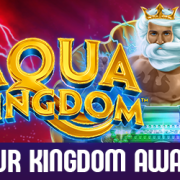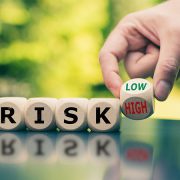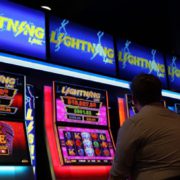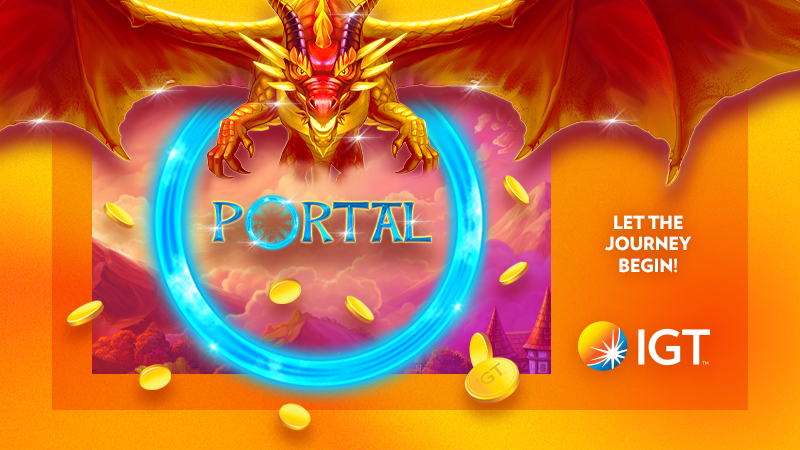NSW YOUTH GAMBLING STUDY 2020
About the study
The study aimed to increase understanding of gambling and simulated gambling by young people aged 12-17 years in NSW, in order to prevent and reduce gambling harm.
How young people are engaging with gambling is changing. This change is being driven by rapid technological changes, the high-level of engagement of young people with mobile technology and gaming, the increase in traditional and online gambling advertising and the expanding variety of games with gambling-like components and monetary gambling opportunities.
The Office is acting on the findings of the report with a program of work focused on the education and awareness of parents, young people, and the community, through schools, sport and online and social media.
The methodology included:
- a review of Australian and international peer reviewed and grey literature (from 2003 to 2019)
- 16 focus groups with 104 participants, held across eight locations in NSW
- an online survey of 2,220 young people recruited via flyers delivered to household letterboxes, a Qualtrics panel and email/online advertising.
Key findings:
- On average, young people started simulated gambling and monetary gambling at much the same age (11-12 years).
- In the past year, 29.8% had participated in monetary gambling and 40.1% had played games with gambling components.
- The past-year problem gambling rate was 1.5%, and a further 2.2% were at-risk gamblers.
- Gambling usually occurred with parents/guardians (53.7%), followed by friends aged 17 or less (26.8%), relatives aged 18 years or over (20.7%), relatives under 18 years (20.1%), and grandparents (19.5%). Relatively few (9.1%) gambled alone.
- Nearly half (46.1%) reported noticing gambling advertising on television during sports and racing events at least weekly.
- Parents were the strongest influence on youth gambling. Young people were more likely to have gambled in the past year if they had gambled with their parents during childhood and had parents who approved of gambling. A problem gambling adult in the household when growing up was also found to uniquely predict problem/at-risk gambling amongst youth survey respondents.
- Exposure to gambling advertising in both traditional and digital media and thinking more positively about gambling due to seeing gambling advertisements, were associated with gambling participation, intentions and problems.
You can download a copy of the Summary Report (recommended) and a full report here>>> https://www.responsiblegambling.nsw.gov.au/research2/research/nsw-youth-gambling-study-2020












